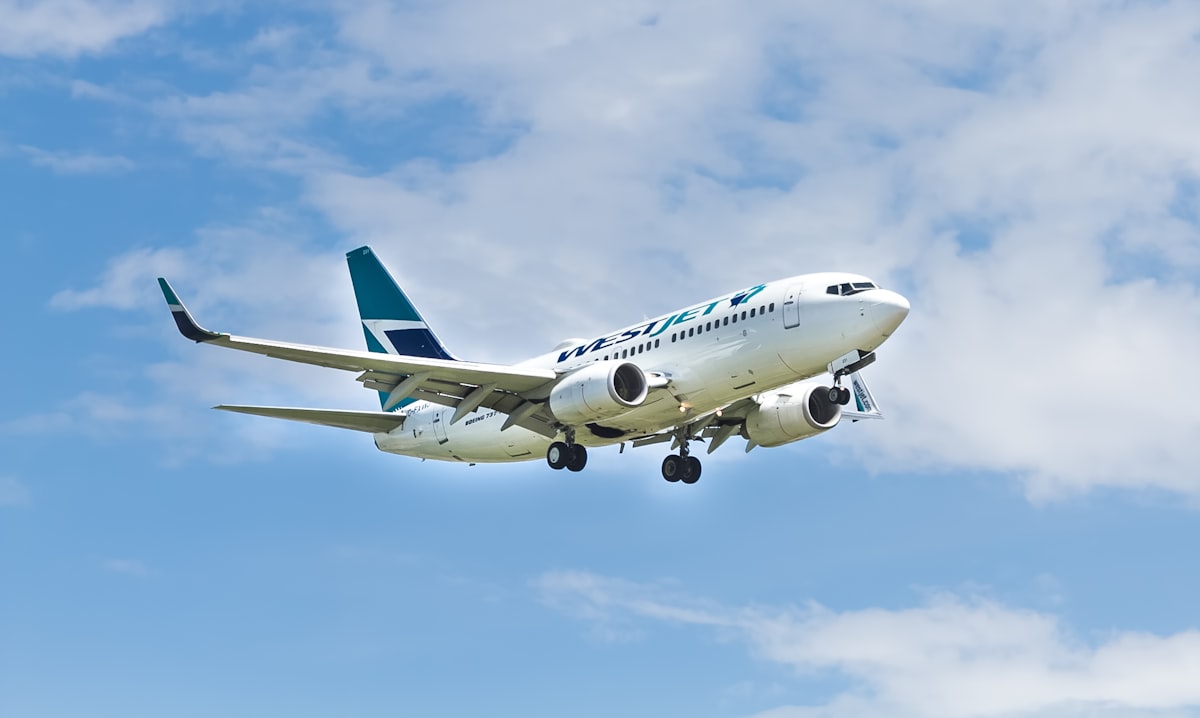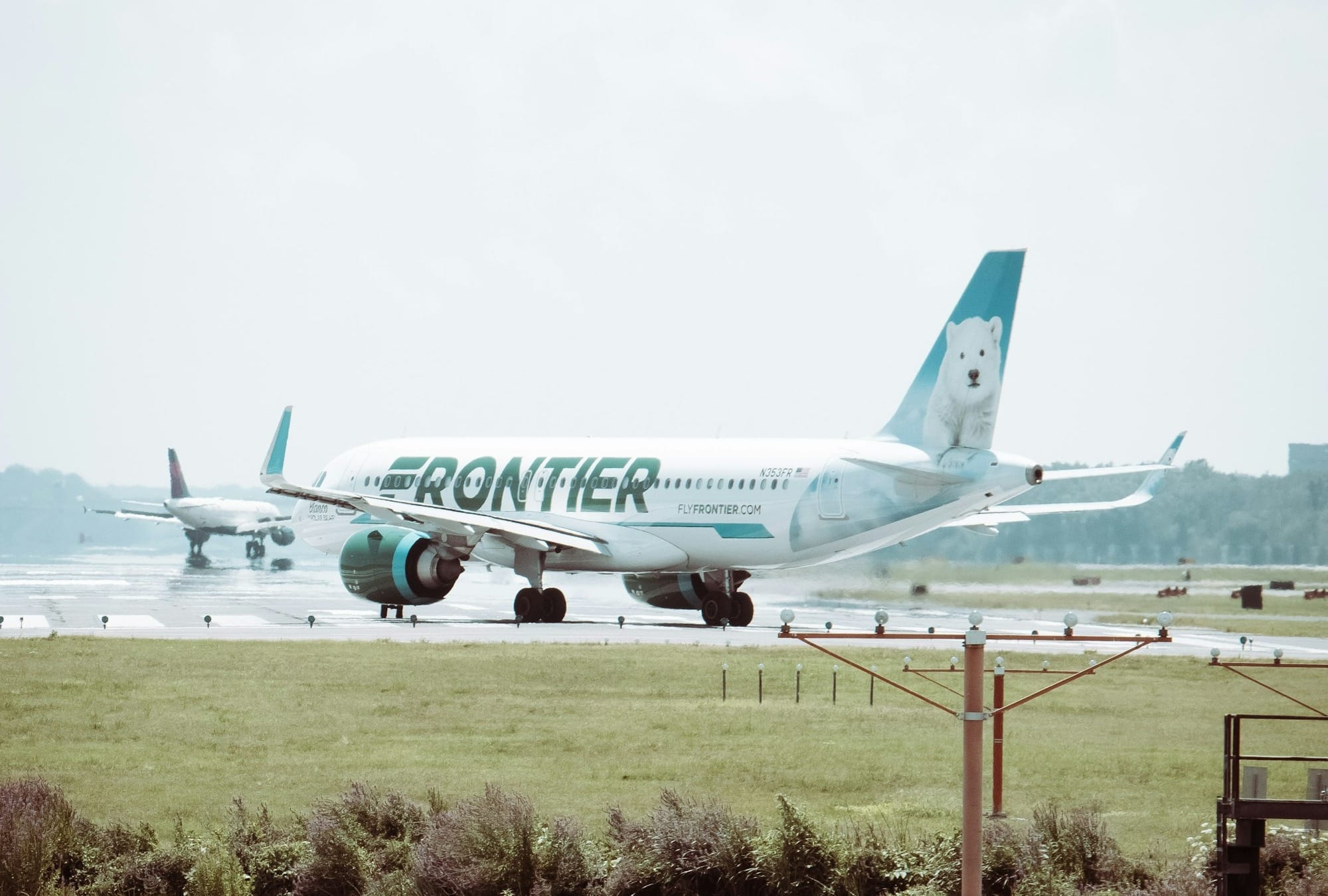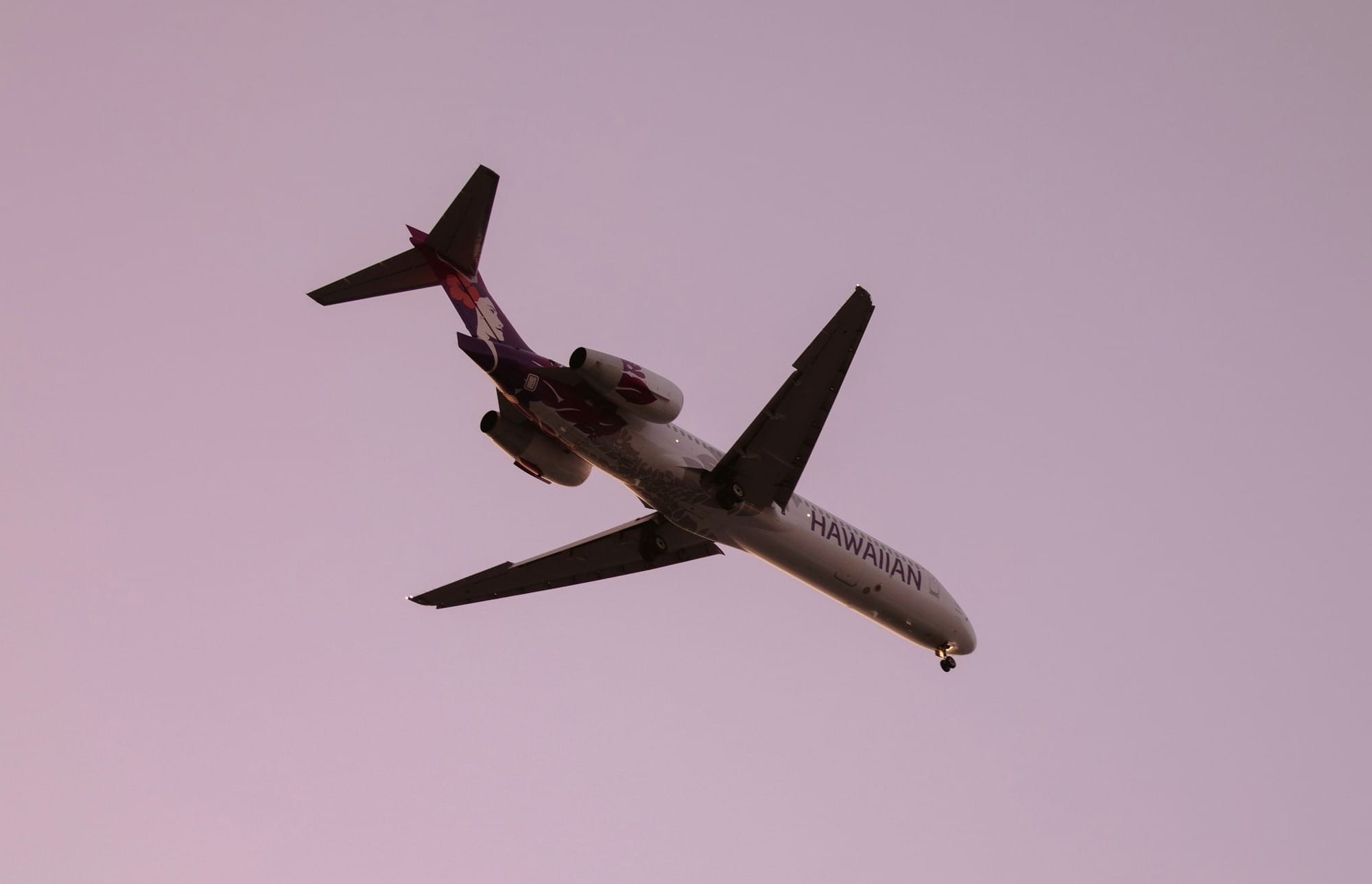WestJet Advocates for Large-Scale Canadian Production of Sustainable Aviation Fuel
WestJet Group's Chief Executive Officer, Alexis von Hoensbroech, recently addressed Calgary's 24th World Petroleum Congress, emphasizing the airline's commitment to achieving net-zero emissions by 2050.


WestJet Advocates for Large-Scale Canadian Production of Sustainable Aviation Fuel
WestJet Group's Chief Executive Officer, Alexis von Hoensbroech, recently addressed Calgary's 24th World Petroleum Congress, emphasizing the airline's commitment to achieving net-zero emissions by 2050. A focal point of his address was the indispensable role of sustainable aviation fuel (SAF) in the aviation industry's decarbonization journey.
Given the absence of a viable technological substitute for the propulsion of large commercial aircraft, SAF emerges as a cornerstone for the industry's green transition. Canada, with its vast expanse for feedstock cultivation, a significant oil and gas sector, and stringent federal sustainability objectives, is uniquely positioned to spearhead the mass production of SAF.
Advertising
Alexis von Hoensbroech remarked, "Air travel is indispensable to Canadians and pivotal for the nation's economy. With the right regulatory backdrop and a synergistic approach between producers and airlines, Canada can further its global leadership in energy sustainability through SAF production." He further emphasized the urgency for a regulatory framework that promotes a competitive investment environment for SAF production in Canada, ensuring that air travel remains affordable and accessible.
SAF stands out as the most potent tool to diminish the carbon footprint of air travel. It can nearly eradicate net greenhouse gas emissions compared to conventional jet fuel. SAF's compatibility with standard jet fuel, meeting all safety and certification prerequisites, makes it an ideal solution. It can seamlessly integrate into the existing aviation ecosystem without necessitating additional investments in aircraft engines, fuel infrastructure, or distribution mechanisms.
AdvertisingVon Hoensbroech continued, "Our roadmap to net-zero emissions by 2050 is intrinsically linked to the future of SAF production. The primary challenge remains the high costs of SAF, which can be up to five times that of regular jet fuel. Regrettably, Canada has yet to produce any SAF. The optimal way forward is a collaborative effort between airlines, producers, and policymakers."
With one of North America's youngest and most fuel-efficient fleets and as Alberta's largest jet fuel consumer, WestJet Group firmly believes that fostering a competitive investment climate for SAF production is paramount for a sustainable future in Canadian aviation.
AdvertisingAbout WestJet:
Over its 27-year history, WestJet has revolutionized Canadian air travel, halving airfares and increasing the nation's flying populace to over 50%. Starting in 1996 with just three aircraft and 250 employees, WestJet has expanded its operations to include more than 180 aircraft, 14,000 employees, and over 100 destinations across 26 countries.
For more information about WestJet and its initiatives, visit westjet.com and stay connected through their various social media channels.



